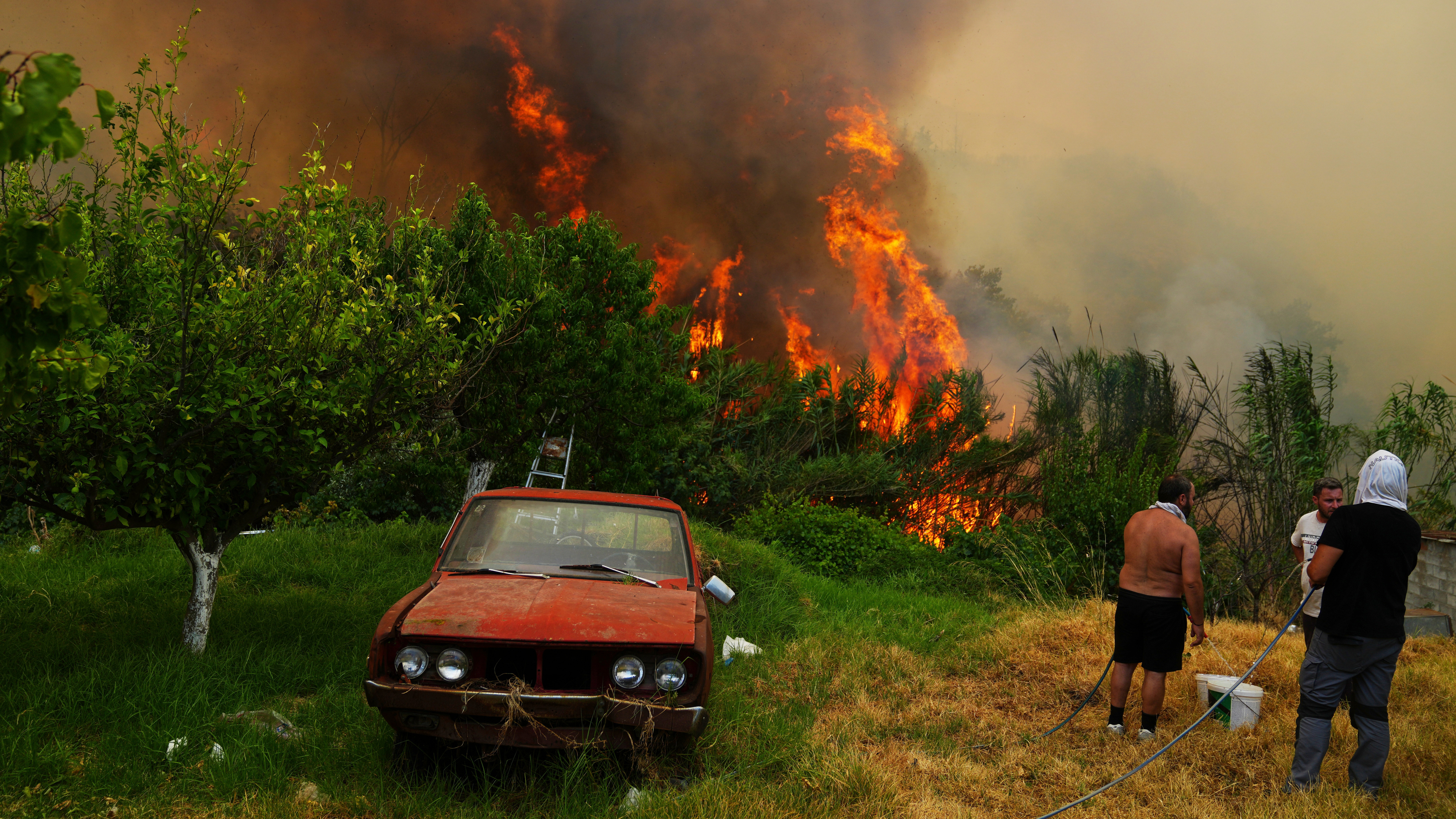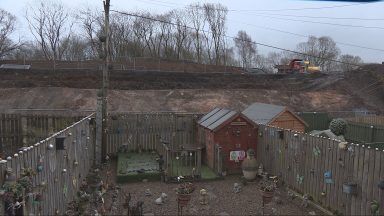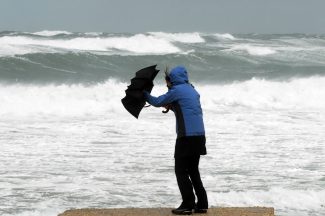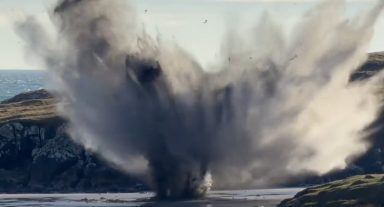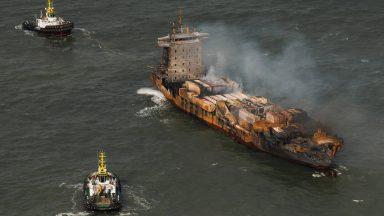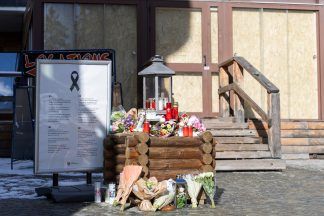Some European countries have sent forces to Greece and Montenegro to help tackle the fires, as ITV News’ Chloe Keedy reports.
At least three people have died and thousands have been forced to flee as wildfires continued to rage across southern Europe and the continent experiences a wave of extreme heat.
Firefighting resources were stretched thin in many affected countries as they battled multiple outbreaks following weeks of heat waves and temperature spikes across Mediterranean Europe.
Tell us your story
Have you been impacted by these events?
Fires blazed on the Greek mainland, the Patras area and the islands of Zakynthos and Chios. Alongside firefighting efforts, residents have been trying to hold the flames off with buckets of water.
Outside the Greek port city of Patras, firefighters struggled to protect homes and agricultural facilities as flames tore through olive groves.
Residents were forced to flee with their pets into the sea, as the fire moved closer to the beaches. They were rescued by the Hellenic Red Cross, who transported them to safety by boat.
On the Greek island of Chios, exhausted firefighters slept on the roadside after working all night to douse the flames.
International cooperation has been required to tackle the large number of fires. Romanian and Czech fire crews were deployed to Megara, around 40 kilometres from Athens.
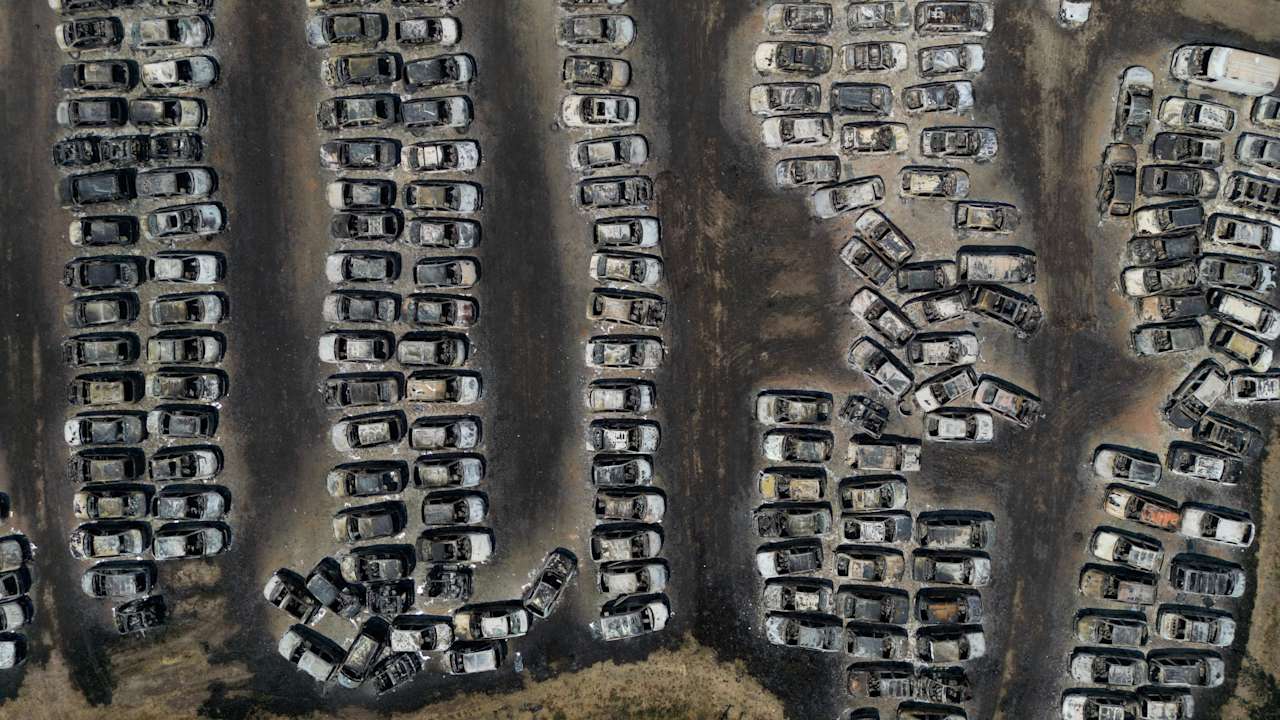
Greece, in turn, sent assistance to neighbouring Albania, where an 80-year-old man died in a blaze south of the capital, Tirana, officials said on Wednesday.
Residents of four villages were evacuated in central Albania near a former army ammunition depot. In the southern Korca district, near the Greek border, explosions were reported from buried Second World War-era artillery shells.
Montenegro has received aid from a number of countries after dozens of fires sparked across the nation. Croatia and Italy sent firefighting planes, Serbia and Croatia sent helicopters, and Australia dispatched firefighting crews.
A Montenegrin soldier died and another was seriously injured on Tuesday, after a water tanker overturned. The accident was caused by reduced visibility from the thick smoke, according to authorities.
Fires light up the mountainside on Tuesday night, near Montenegro’s capital Podgorica.
A firefighting volunteer in the hard-hit Castile and León region north of Madrid, where thousands have been displaced by evacuations, died fighting the blaze.
Evacuation centres were full in parts of central Spain, with some people forced to spend the night outdoors on folding beds.
Spain’s government raised its national emergency response level, preparing additional support for regional authorities overseeing multiple evacuations and highway closures.
A forestry worker was also killed on Wednesday while responding to a wildfire in southern Turkey, officials said. The Forestry Ministry said the worker died in an accident involving a fire engine that left four others injured.
Turkey has been battling severe wildfires since late June. A total of 18 people have been killed, including 10 rescue volunteers and forestry workers who died in July.
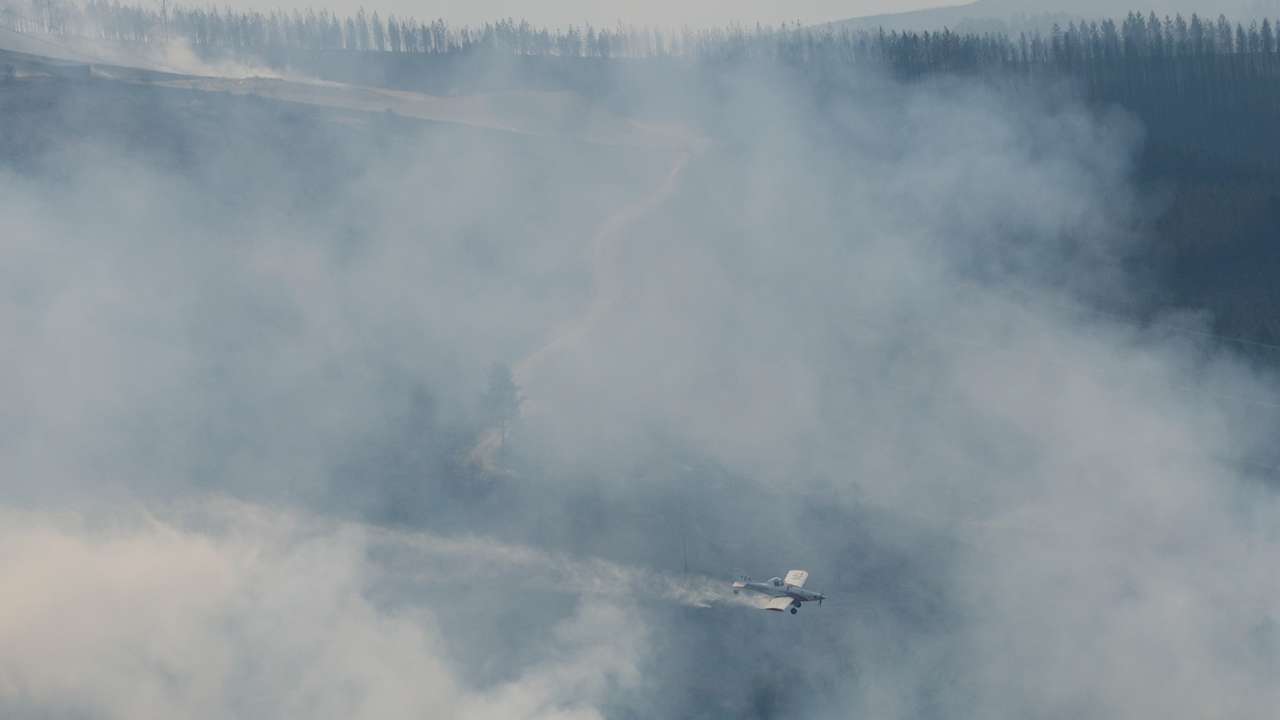
In Portugal, more than 700 firefighters attempted to douse a fire in Trancoso, northeast of Lisbon.
It was believed the fire was close to being extinguished on Tuesday after burning for five days, but high winds overnight reignited it several times, causing flames to creep closer to houses.
One woman told Portugal’s public broadcasting channel that residents had to step in to protect nearby buildings, as firefighters were deployed elsewhere.
Authorities across European countries have cited multiple causes for the massive fires, including careless farming practices, improperly maintained power cables and summer lightning storms.
Europe has also experienced another period of extreme heat, with temperatures soaring past 40 degrees Celsius in some areas.
Scientists have warned that climate change is exacerbating the frequency and intensity of heat and dryness across the south of Europe.
The continent is warming up faster than any other in the world.
Temperatures have increased at twice the speed of the global average since the 1980s, according to the European Union’s Copernicus Climate Change Services.
Last year was the hottest on record, both globally and in Europe, according to the monitoring agency.
Tell us your story
Have you been impacted by these events?
Follow STV News on WhatsApp
Scan the QR code on your mobile device for all the latest news from around the country


